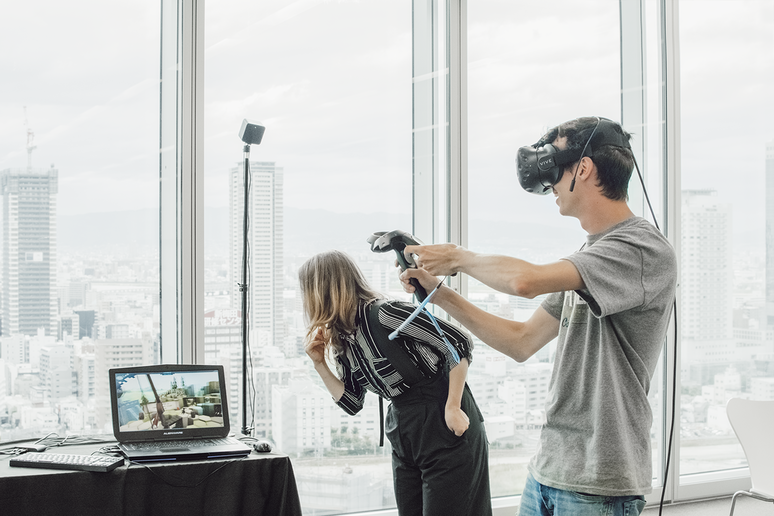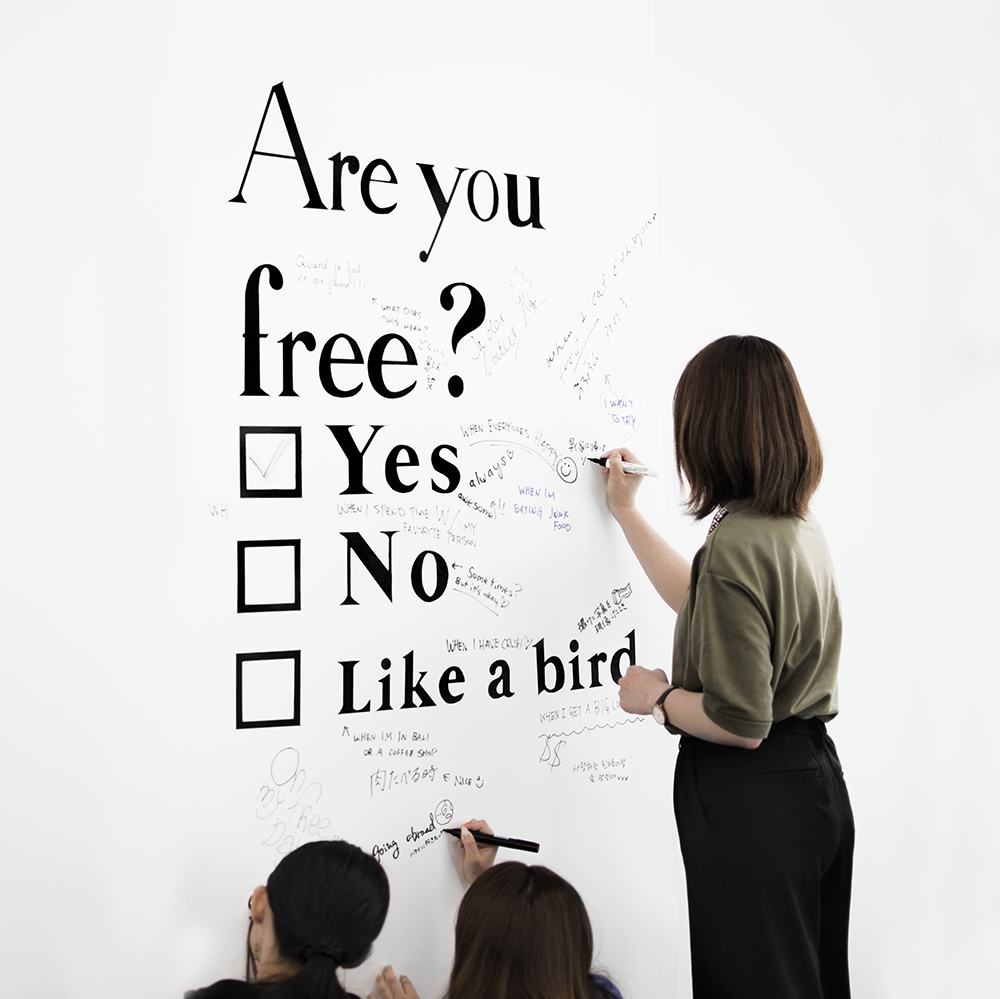|
Photos: @queserser_official Companies in Asia typically have very hierarchical organisational structures, with a linear path from junior roles to the senior positions. That’s why I was so intrigued when I came across Queserser (pronounced que sera sera) a design-based solutions company, established in Japan with offices in Asia and Europe. With a flexible four day working week, Queserser has fostered a non-traditional company culture to encourage increased creativity and productivity for both the organisation and the employees. I spoke with Nathalie and Josh to learn more about their unique company culture. “We are a design-based solutions company that addresses customer challenges, whatever they may be, by harnessing the collective resources and networks both within and outside our organization,” Josh begins. “We try to put the people first and believe that good design comes from an individual’s lifestyle,” Nathalie says. “Queserser is a creative company not only in what we do but in the way the company and its employees behave.”
be goodAlthough Google removed their “Don’t Be Evil” clause from their code of conduct, the Queserser CEO still believes in the importance of being a good person. “The belief that any creative person is a good person brings us to the conclusion that if you work with good people, the happiness loop will continue.” Nathalie explains. This ethos stretches to incorporate the clients that the company works with too. “Every client we choose to meet and work with, are typically happy people.” Nathalie says. This doesn’t mean that the company isn’t profit-focused as well, recently locking in their first multi-million dollar contracts, but the culture and outcomes are more balanced than in traditional companies. “We believe that the work style and company structure should be results-based rather than derived from accepted corporate conventions,” Josh explains. “The belief that any creative person is a good person brings us to the conclusion that if you work with good people, the happiness loop will continue.”
This flexibility of working is radical to most organisations globally, but more so in Japan where the headquarters are based, as the country is known for having some of the longest working hours in the world. “Particularly in Japan,” Josh says, “I feel there is often a fatalist approach to work where people think, ‘well I’m gonna be here til 10pm anyways’, and don’t prioritize time management and getting work done so they can get home. If you think ‘tomorrow I really want to take that French class,’ you’ll get the work done today to make that possible.” But is flexible working an achievable dream for all companies, or a delusion? It has been reported that some employees with unlimited holidays were taking less time off, not more. “Even without a fluid working style traditional companies suffer from poor work-life balance,” Josh argues. “In large part because they adjust their behavior to the norms/culture of the company. If everyone works free overtime, so do you.” However the freedom to manage yourself requires discipline and teamwork. “You take the responsibility to set the boundaries yourself, but if you have an issue there are others in the company that will listen,” Nathalie says. Josh agrees that flexible working may be a risk in creative industries, where projects often are ongoing without clear deadlines. “But having a choice in how you work also encourages the average employee to think about the value generated by a given task,” Josh says. “I know I didn’t think much about the actual profit or benefits generated by tasks I completed at previous jobs. I just did what my manager told me to do. With a more fluid work style, though, I have started to think ‘wait, is spending half an hour on this email really a productive use of my time?’”. “Good design is our goal, but our purpose is to create a better world where we can share our differences through what we create, and build bridges to understand various perspectives.” A misconception is that a flexible work environment can only work in a small team, yet Queserser has grown to 330 employees based across Japan, India, Singapore, Belgium and Korea. But could the Queserser philosophy work in other corporations? Josh believes so. “Most companies spend a lot of time, energy and money trying to micromanage staff on the premise that people left to their own devices will abuse the system. Our stance is: maybe, but that will probably happen anyway. Why not work towards your ideals and what you think is best for your company and its staff and then address any challenges that arise when things fall short.” Nathalie agrees. “Good design is our goal, but our purpose is to create a better world where we can share our differences through what we create, and build bridges to understand various perspectives.” What do you think? Is this the future of work? Could you see your company adopting the Queserser philosophy? Let us know in the comments! QueserserConnect with the Queserser team!
0 Comments
Leave a Reply. |


